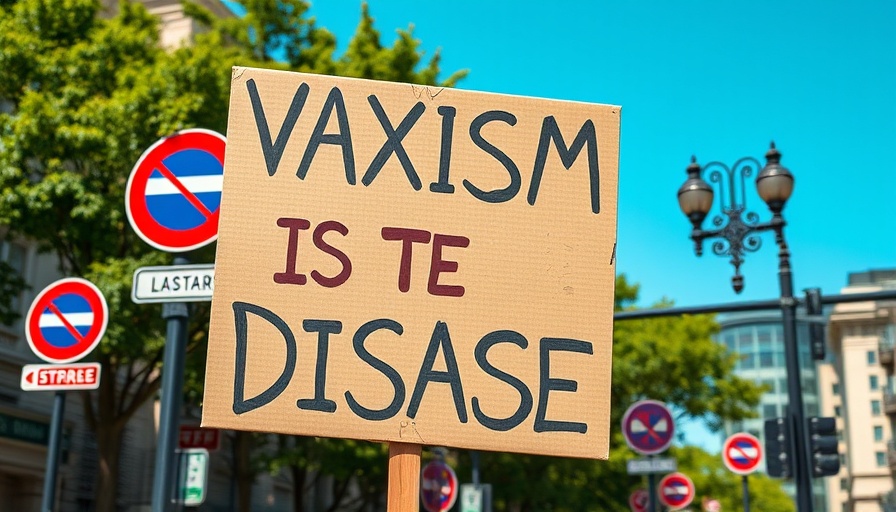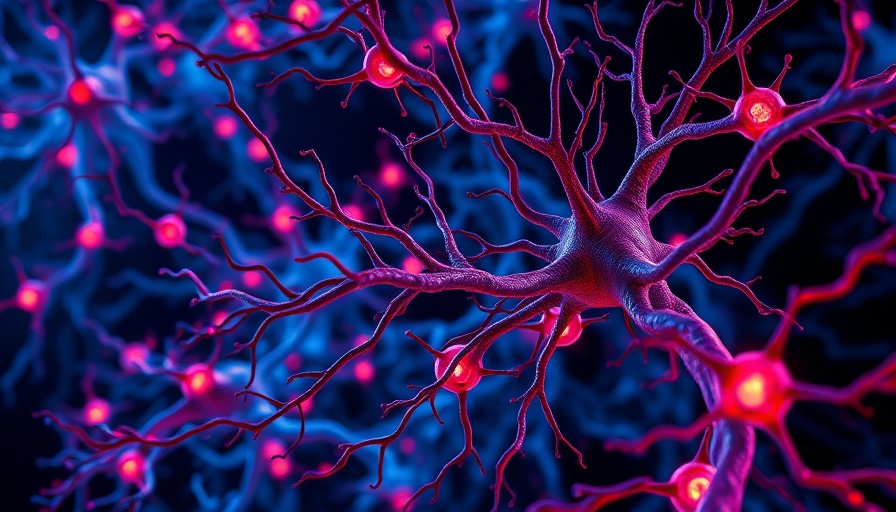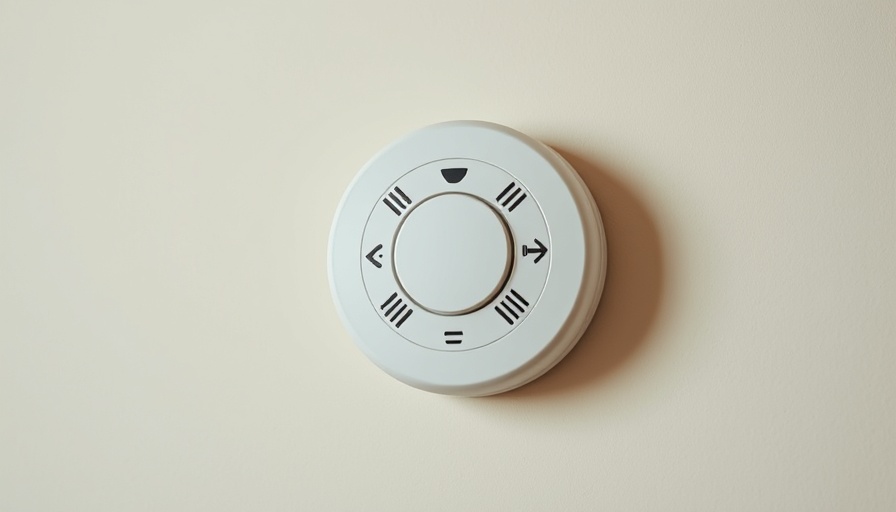
Redefining Manliness for a Healthier Future
In today’s fast-paced world, conversations around men’s health are becoming increasingly vital. Understanding how traditional notions of manliness impact men’s well-being is essential for promoting healthier lifestyles. Surprisingly, statistics reveal a stark reality: wealthier men live six years fewer than poorer women, while men account for four out of five suicide deaths in America. These alarming figures raise a critical question—are outdated ideals of masculinity contributing to worsening health outcomes for men?
The Price of Stoic Masculinity
Traditionally, manliness has been equated with traits such as strength, resilience, and self-reliance. Men have been conditioned to embody these characteristics, often at the expense of their health. A comprehensive study involving 4,230 U.S. adolescent males highlights this issue—men who scored higher in ‘manliness’ were more likely to remain unaware of serious health conditions like hypertension, diabetes, and elevated cholesterol levels.
While these research findings may seem startling, they shed light on a troubling downside of traditional masculinity. The correlation between adhering strictly to these ideals and neglecting health problems illustrates that many men downplay symptoms, believing that vulnerability is a sign of weakness. Consequently, these attributes, once regarded as honorable, may inadvertently place men at greater health risks.
Finding a Balance: Redefining Values
To counteract the detrimental health implications associated with rigid masculine identities, a reformation in how masculinity is perceived is essential. Ancient philosophies from Greece and Rome suggest a more holistic approach—living with virtues such as integrity, loyalty, and personal responsibility. These values resonate deeply, encouraging men to prioritize both their health and moral duty toward their communities.
Integrating these ancient principles into modern masculinity might lead to a new understanding of what it means to be a man. This evolution involves placing emphasis on health as part of one’s duty, not just to oneself, but also to loved ones and society at large. As General George Patton once stated, “duty is the essence of manhood,” but it’s time to expand this definition to encompass a commitment to individual health and family well-being.
Courage to Seek Help
Addressing mental health is a critical component in redefining masculinity. Many men perceive asking for help as a display of weakness, leading to increased isolation and mental struggles. According to mental health studies, men are less likely than women to seek treatment for mental health issues, emphasizing the need for a cultural shift that normalizes vulnerability and promotes self-care.
As men draw upon this redefined manliness, they may discover that courage lies in seeking help, talking about feelings, and consulting medical professionals. The positive effects of open communication, both mental and physical, are undeniable and can pave the way for stronger connections with loved ones, ultimately contributing to personal wellness.
Empowering Men’s Health Through Community
Communities play a crucial role in transforming perceptions of masculinity. Grassroots initiatives centered around men’s health that encourage dialogue and understanding can foster supportive networks. These programs can empower men to embrace a new identity that values emotional openness and health responsibility.
For instance, local workshops focusing on fitness, nutrition, and mental well-being can provide men with the resources needed to maintain a healthy lifestyle while dispelling myths around traditional masculine norms. Empowering men in this way cultivates a sense of community, strengthening ties and enhancing overall health.
Conclusion: A Call to Action
Health should never be an afterthought for men. It’s crucial to recognize that embracing a modern interpretation of masculinity need not compromise the noble attributes of strength and resilience. Instead, incorporating a commitment to health enables men to fulfill their roles as strong, capable citizens while fostering a healthier future.
Join us in this journey toward redefining masculinity—together, we can create a culture that prioritizes well-being, encourages open conversations, and supports men in their pursuit of health and happiness. Let’s start today because the call to live better is not just a duty; it is a celebration of life itself.
 Add Row
Add Row  Add
Add 



Write A Comment